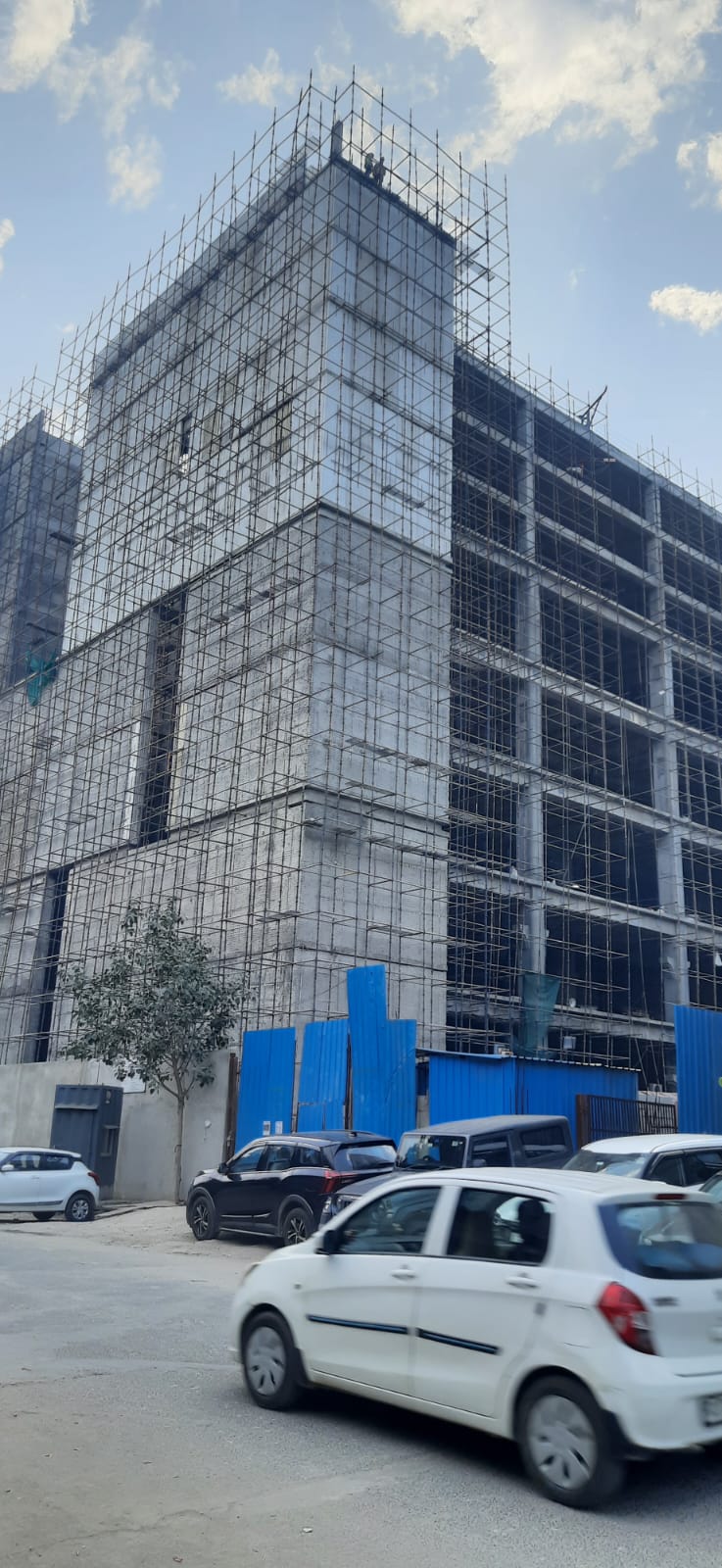Expanded Polystyrene (EPS) panels are a popular choice for construction and insulation due to their lightweight nature, excellent insulation properties, and durability. To ensure the longevity of your investment and the optimal performance of EPS panels, it’s crucial to implement a comprehensive maintenance and care routine. In this guide, we’ll explore the best practices for maintaining and caring for EPS panels over the long term.
Table of Contents
ToggleRegular Inspection Of EPS Panels in India:
- Conduct regular inspections of your EPS panels in India to identify any signs of damage, wear, or deterioration. Look for cracks, dents, or water stains, as these can compromise the integrity of the panels. Addressing issues promptly can prevent further damage and extend the life of the EPS panels.
Cleaning:
- Keep the EPS panels clean from dirt, dust, and debris. Use a soft brush or a low-pressure washer to remove accumulated dirt without causing any damage. Avoid abrasive cleaning materials, as they may scratch the surface of the panels. Clean panels contribute to both the aesthetic appeal and functionality of the structure.
Waterproofing:
- While EPS panels are resistant to moisture, it’s essential to take additional measures to ensure their long-term protection. Apply a water-resistant coating or sealant to the panels, especially in areas prone to heavy rainfall. This extra layer of protection will prevent water penetration and potential damage.
Pest Control:
- Inspect the surroundings for signs of pests that may be attracted to EPS panels. Termites and rodents, for example, can cause significant damage over time. Implement preventive measures, such as using pest-resistant coatings or placing traps, to safeguard the panels against infestations.
UV Protection:
- If your EPS panels are exposed to direct sunlight, consider applying a UV-resistant coating. Prolonged exposure to ultraviolet rays can lead to discoloration and degradation of the panels. UV protection will maintain the aesthetic appeal and structural integrity of the EPS panels over the long term.
Sealing Joints and Gaps:
- Ensure that joints and gaps between EPS panels are properly sealed. Use an appropriate sealant to prevent air and moisture infiltration. Proper sealing not only enhances the insulation properties of the panels but also prevents the development of mold and mildew.
Avoid Harsh Chemicals:
- When cleaning or maintaining EPS panels, avoid using harsh chemicals that may react adversely with the material. Stick to mild, non-abrasive cleaning agents to preserve the integrity of the panels. Harsh chemicals can compromise the structural stability and appearance of EPS panels.
Temperature Control:
- Maintain a stable temperature within the structure to prevent extreme temperature fluctuations. Drastic temperature changes can affect the dimensional stability of EPS panels. Proper insulation and ventilation systems can contribute to a controlled indoor environment.
Conclusion:
By following these comprehensive maintenance and care practices, you can ensure the longevity and optimal performance of your EPS panels. Regular inspections, cleaning, waterproofing, and other preventive measures will not only protect your investment but also contribute to the overall sustainability of your structure. Taking the time to implement these practices will pay off in the form of extended lifespan, energy efficiency, and a well-maintained appearance for your EPS panels.



